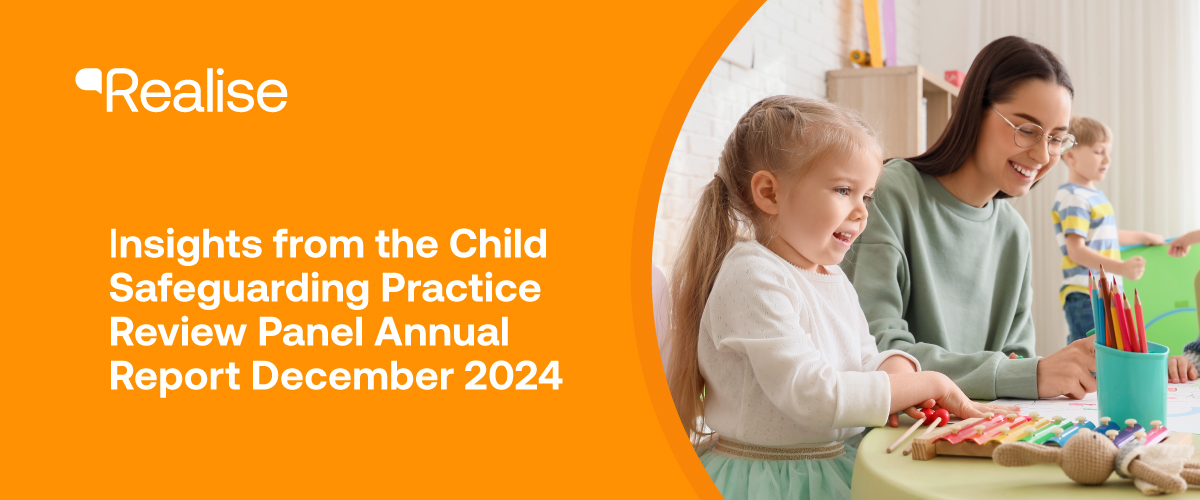Education’s role in safeguarding
Education settings like nurseries, pre-schools, and schools will now be named as relevant agencies in safeguarding arrangements. This means education will have a more formal role when working with local safeguarding partners, such as the police and health services.
While this is a step forward, education is not yet a full safeguarding partner. Staff in the early years play a vital role in spotting concerns like neglect or abuse, and it’s important to keep pushing for education to be treated equally in safeguarding decisions.

